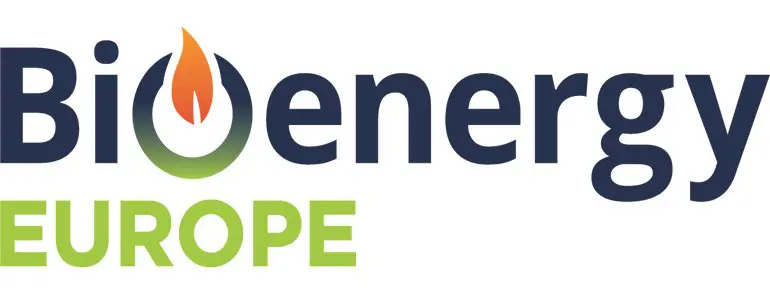
Bioenergy Europe, EBA release 2022 Statistical Report Biogas
July 8, 2022
By Bioenergy Europe
Achieving EU ambitious target of 55 per cent CO2 emission reductions by 2030 will require fundamental changes to the energy sector. It is of paramount importance to promote all sustainable fuels and their infrastructure.

On 5 July, Bioenergy Europe released its 2022 Statistical Report Biogas in collaboration with the European Biogas Association (EBA). The report dives into the recent trends of consumption and production of biogas in Europe. Its accompanying Policy Brief presents the most relevant legislative recommendations to promote the biogas sector as key player in EU’s energy transition.
The biogas market grew steadily in the previous years, with a growth rate of four per cent in 2019-2020. However, according to the most recent data, the EU still heavily relies on fossil gas. Latest trends show a persistent increase of use of natural gas since 2014. In 2020 natural gas was 22.21 times the amount of biogas used. These findings urge for a radical shift in policy design and investments to promote the penetration of renewables alternatives such as biogas and biomethane (also known as upgraded biogas) offering a stable and viable substitute to fossil fuels.
This was also recognized in the RePowerEU Plan – the European Commission’s response to the energy market disruption caused by Russia’s invasion of Ukraine. According to the strategy, not only must Europe correct its trajectory in order to become climate neutral by 2050, but it must also disentangle itself from imports from unreliable partners. Despite these positive steps forward in the recognition of the bioenergy sector, the EC strategy still lacks a clear target for solid biomass on top of those for biogas and biomethane. Given the current situation, the increasing energy prices and the EU’s higher ambition to get away from fossil fuels, bioenergy as a whole must be recognized as one of the key solutions in order to increase EU energy security and promote a just transition.
Biogas is a versatile renewable fuel that can be used to decarbonize heat or electricity. When upgraded to biomethane, it can also be injected into the existing gas grid or used as a green fuel in transportation. Sustainable biogas production also reduces waste and methane emissions from manure and landfilling, and limits dependency on mineral-based fertilizers. This aspect is of particular importance today when considering recent fertilizer shortages and price increases.
Compared to EU fossil fuels, biogas can save up to 240 per cent of GHG emissions and biomethane up to 202 per cent because powerful greenhouse gases, such as methane, that would have been emitted through uncontrolled fermentation of organic waste and agricultural residues are eliminated. Waste and agriculture are the two most important sources of methane emissions today. Biomethane production has more than doubled in the past five years, and last year grew at an annualized rate of 25 per cent. To reach the 35bcm target as presented in RePowerEU Plan, 5.000 new plants should start operation in the next eight years and the annual growth should be stable at 28 per cent. More should be done to promote biogas and biomethane consumption as a complement to renewable electricity and recognize these saved emissions.
Feedstock utilized in biogas generation varies greatly by country, with new plants increasingly employing manure and other residues, food waste, wastewater and sewage sludge. Starting in 2023, the EU will mandate separate collection of bio-waste, which will increase the amount of food waste available for biogas generation. Member States must implement separate bio-waste collection as soon as possible and reinforce their strategies aimed at energy and materials recovery in their waste treatment. Higher quality waste streams will allow for increasing circularity in the bioeconomy, with environmental and socioeconomic benefits.
“The EU should avoid retroactive changes in the Renewable Energy Directive sustainability criteria, allowing for legal certainty for operators,” says Jean-Marc Jossart, secretary general of Bioenergy Europe. “All EU policies should be aligned in the Fit for 55 Package to equally promote all sustainable fuels and their respective infrastructure.”
Giulia Cancian, secretary general of the European Biogas Association, also stressed that, “the European biogas market continues to scale up, with biomethane production growing by 25 per cent in 2020. To reach our energy goals, we should anchor the 35bcm biomethane target to binding EU legislation, along with national indicative targets, and facilitate the injection of biomethane into existing gas networks.”
Print this page